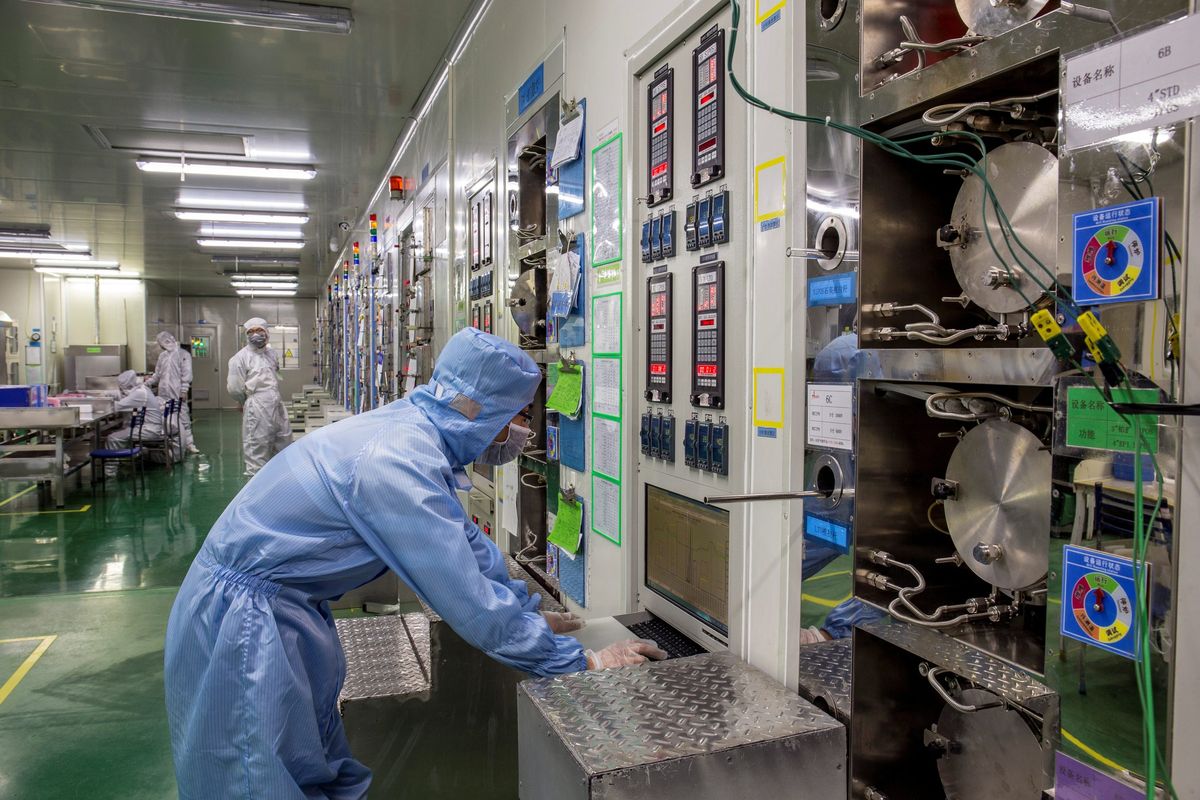Why’s China pushing back on the US CHIPS and Science Act?

A few minutes every morning is all you need.
Stay up to date on the world's Headlines and Human Stories. It's fun, it's factual, it's fluff-free.
Back in July, US Congress passed a bill called the CHIPS and Science Act, which was essentially legislation that invests a lot of money into the country’s domestic production of microchips. There are two main reasons to do this. One, there’s a chip shortage in the world, and the more chips produced in the long term, the better. But secondly, it’s a way of decreasing its reliance on the other regions, namely Taiwan, which has over a 50% grip on the market but political tensions with neighboring China.
But, China is expressing frustration with this legislation for various reasons, one being that Chinese officials have said that parts of the legislation explicitly discriminate against China, violating the principles of fair trade that the WTO operates under. In addition to creating subsidies for US-based chipmaking companies, it also prohibits companies who get US funding from also getting funding from China. And it puts more restrictions on the equipment American companies can sell to Chinese companies for chip production. Effectively, more and more companies are going to have to choose to operate in either China or the US because they won’t be able to do both.
Key comments:
“We resolutely oppose the US’ restrictive actions targeting certain countries,” said Yu Xiekang, vice chairman of the China Semiconductor Industry Association (CSIA). “It contains essentially discriminatory clauses in market competition and creates an unfair playing field, which goes against the WTO’s fair-trade principles.”
“It will strengthen American manufacturing, supply chains, and national security, and invest in research and development, science and technology, and the workforce of the future to keep the United States the leader in the industries of tomorrow, including nanotechnology, clean energy, quantum computing, and artificial intelligence,” read a statement from the White House on the CHIPS and Science Act.




Comments ()